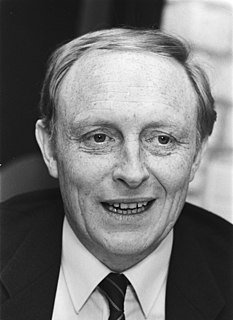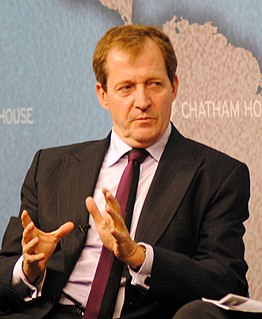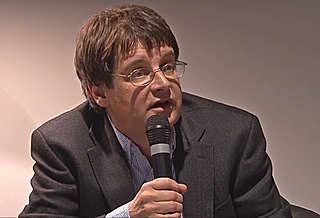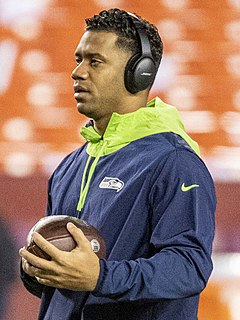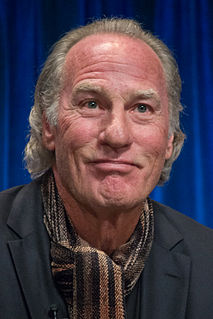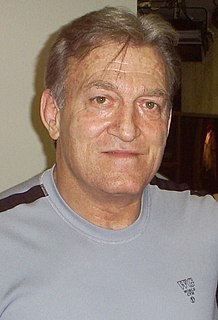A Quote by Neil Kinnock
[Marx's theories] gave me a political and intellectual justification for what I believed in a way that nothing else did.
Related Quotes
My closest friend, who died not long ago, is buried near Marx's grave in Highgate cemetery, so I see the gaggle of admirers laying roses at the foot of his tombstone regularly. I have never been tempted to leave flowers there myself. Great theories, shame about the practice. Marx did many things. But inventing class was not one of them.
Faith means the fundamental response to the love that has offered itself up for me. It thus becomes clear that faith is ordered primarily to the inconceivability of God's love, which surpasses us and anticipates us. Love alone is credible; nothing else can be believed, and nothing else ought to be believed. This is the achievement, the 'work' of faith: to recognize this absolute prius, which nothing else can surpass; to believe that there is such a thing as love, absolute love, and that there is nothing higher or greater than it.
Freedom is a need of the soul, and nothing else. It is in striving toward God that the soul strives continually after a condition of freedom. God alone is the inciter and guarantor of freedom. He is the only guarantor. External freedom is only an aspect of interior freedom. Political freedom, as the Western world has known it, is only a political reading of the Bible. Religion and freedom are indivisible. Without freedom the soul dies. Without the soul there is no justification for freedom. Necessity is the only ultimate justification known to the mind.
The two most far-reaching critical theories at the beginning of the latest phase of industrial society were those of Marx and Freud. Marx showed the moving powers and the conflicts in the social-historical process. Freud aimed at the critical uncovering of the inner conflicts. Both worked for the liberation of man, even though Marx's concept was more comprehensive and less time-bound than Freud's.
In the last few decades we have seen the extraordinary rise of ecosocialist movements around the world inspired in large part by Marx's ecological critique of political economy. Marx was indeed influenced by some of the earliest attempts to develop what we now call an ecological-systems view, rooted in the concept of metabolism. Building on this perspective, Marx defined socialism as the rational regulation by the associated producers of the metabolism between society and nature in such a way as to conserve energy and to promote the satisfaction of human needs.
Honestly, being a 5'11" quarterback, not too many people think that you can play in the National Football League. And so for me, you know, I knew that my height doesn't define my skill set, you know? I believed in my talent. I believed in what God gave me. I believed in the knowledge that I have of the game.
Honestly, being a 5'11 quarterback, not too many people think that you can play in the National Football League. And so for me, you know, I knew that my height doesn't define my skill set, you know? I believed in my talent. I believed in what God gave me. I believed in the knowledge that I have of the game.
I never wavered in my certainty that God did not exist. I was simply liberated by the thought that there might be a way to engage with religion without having to subscribe to its supernatural content - a way, to put it in more abstract terms, to think about Fathers without upsetting my respectful memory of my own father. I recognized that my continuing resistance to theories of an afterlife or of heavenly residents was no justification for giving up on the music, buildings, prayers, rituals, feasts, shrines, pilgrimages, communal meals and illustrated manuscripts of the faiths.
I asked for strength,
and God gave me difficulties to make me strong.
I asked for wisdom,
and God gave me problems to learn to solve.
I asked for prosperity,
and God gave me a brain and brawn to work.
I asked for courage,
and God gave me dangers to overcome.
I asked for love,
and God gave me people to help.
I asked for favors,
and God gave me opportunities.
I received nothing I wanted.
I received everything I needed.
